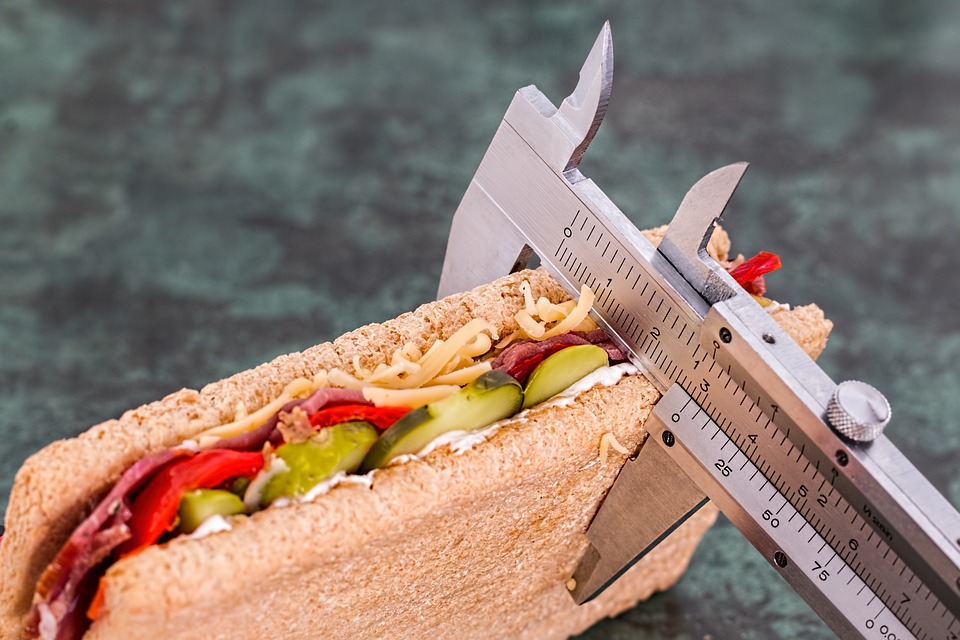Demystifying Calories: What You Need to Know
Calories are a unit of measurement that represent the amount of energy in food. Understanding calories is essential for maintaining a healthy diet and managing weight. In this article, we will demystify calories and provide you with the information you need to make informed decisions about your nutrition.
What Are Calories?
Calories are a measure of the energy content of food. When we eat and drink, we consume calories, which our bodies use for various functions such as breathing, circulating blood, and physical activity. The number of calories in a food or beverage is determined by the amount of carbohydrates, fats, proteins, and alcohol it contains.
How Many Calories Do You Need?
The number of calories you need each day depends on various factors, including your age, gender, weight, height, and activity level. To maintain your current weight, you need to consume the same number of calories that you burn. To lose weight, you need to consume fewer calories than you burn, and to gain weight, you need to consume more calories than you burn.
How Are Calories Measured?
Calories are measured using a device called a calorimeter, which determines the energy content of food by burning it and measuring the heat produced. The energy content of food is typically expressed in kilocalories (kcal) or kilojoules (kJ).
What Foods Are High in Calories?
Foods that are high in calories are typically high in fats and sugars. Examples include fast food, desserts, fried foods, and sugary drinks. Consuming these foods in excess can lead to weight gain and other health problems.
How Can You Reduce Your Caloric Intake?
To reduce your caloric intake, focus on eating a balanced diet that is rich in fruits, vegetables, whole grains, lean proteins, and healthy fats. Avoid or limit foods that are high in calories but low in nutrients, such as sugary snacks and processed foods.
How Can You Burn More Calories?
To burn more calories, incorporate regular physical activity into your daily routine. Activities such as walking, running, cycling, swimming, and strength training can help you increase your energy expenditure and maintain a healthy weight.
What Is the Role of Calories in Weight Loss?
Weight loss occurs when you consume fewer calories than you burn, creating a calorie deficit. By reducing your caloric intake and increasing your physical activity, you can achieve weight loss in a healthy and sustainable way.
How Can You Track Your Caloric Intake?
You can track your caloric intake by keeping a food diary, using a calorie tracking app, or consulting with a registered dietitian. Monitoring your caloric intake can help you make informed decisions about your nutrition and reach your health goals.
FAQs
1. What is the difference between a calorie and a kilocalorie?
A calorie (cal) is a unit of measurement that represents the amount of energy needed to raise the temperature of one gram of water by one degree Celsius, while a kilocalorie (kcal) is equal to 1,000 calories and is commonly used to express the energy content of food.
2. Can you lose weight by simply counting calories?
While counting calories can be a helpful tool for weight loss, it is important to focus on the quality of the calories you consume. Eating nutrient-dense foods and maintaining a balanced diet is essential for overall health and sustainable weight loss.
3. Are all calories created equal?
Not all calories are created equal. The source of the calories, such as carbohydrates, fats, proteins, and alcohol, can have different effects on metabolism and satiety. Consuming a variety of nutrient-dense foods is important for overall health and well-being.
4. How do genetics play a role in caloric needs?
Genetics can influence an individual’s metabolism and energy expenditure, affecting their caloric needs. Some people may have a faster or slower metabolism, requiring them to adjust their caloric intake accordingly to maintain a healthy weight.
5. Is it possible to eat too few calories?
Eating too few calories can lead to nutrient deficiencies, muscle loss, and a slowed metabolism. It is important to consume an adequate amount of calories to support your body’s functions and maintain overall health.
6. Can you overeat on healthy foods?
While healthy foods are nutritious and beneficial for health, overeating on them can still lead to weight gain. Portion control and mindful eating are important practices to ensure you are consuming an appropriate amount of calories for your needs.
7. Should you focus on calories or macronutrients?
Both calories and macronutrients play a role in overall health and weight management. While monitoring your caloric intake is important, paying attention to the types of macronutrients (carbohydrates, fats, proteins) you consume can help optimize your nutrition and energy levels.
8. How can you incorporate more movement into your day to burn extra calories?
You can incorporate more movement into your day by taking the stairs, walking or biking to work, stretching during breaks, and engaging in physical activities you enjoy. Finding ways to be active throughout the day can help you burn extra calories and improve your overall health.
 skyglide Explore Beyond
skyglide Explore Beyond

